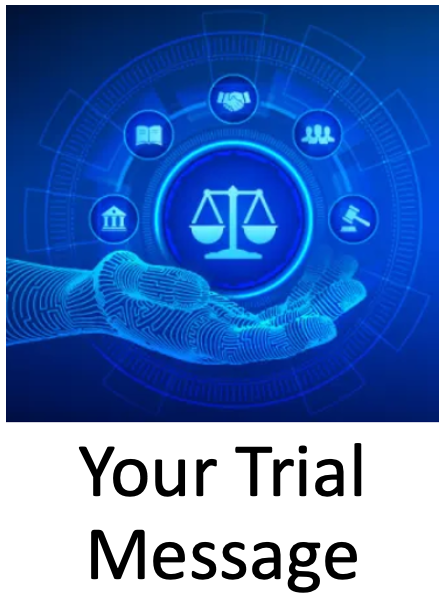Does attorney attractiveness influence judicial decision-making? | Online Jury Research Update
Physical attractiveness is one of the most common cues used when people make decisions about everything from employment (hiring, promotions, compensation) to education (grades, attention from teachers) to medicine (attention from doctors, healthiness, trustworthiness) to elections (electoral success)... Nicholas Waterbury (2024) examined the success of physically attractive non-government ("opposition") attorneys arguing against US government attorneys in U.S. federal court. A dataset was created of all orally argued cases at the US Courts of Appeals from 2017 to 2019 in which the US government was a party. The dataset included 1,067 unique cases, 930 unique opposition attorneys representing clients litigating against
USA v. Apple 2024: Why Apple Would be Wise to Settle This One
During his lifetime, I often reached out to Steve Jobs, the ex-CEO and co-founder of Apple, seeking business insights. While he never replied, I always sensed a shared perspective. I am confident that his guidance would have always emphasized the importance of prioritizing quality to attract the ideal clientele. This principle held true during the inception of Animators at Law, which later evolved into A2L Consulting and now continues as Persuadius. My deep-rooted admiration for Apple dates back to before the groundbreaking launch of the Mac in 1984. Through thick and thin, my unwavering love for Macs and the company
9 Hidden Skills of Trial Technicians and Hotseaters You Never Knew About
As a trial lawyer or someone working close to one, you may already be familiar with trial technicians and hotseaters. These professionals provide essential technical support during trials, ensuring everything runs smoothly. They usually sit adjacent to counsel's table and run your trial presentation, including the displays of exhibits and demonstrative evidence. However, you may not know that trial technicians and hotseaters possess a host of hidden skills that go beyond their technical capabilities. Here are some of the hidden skills of trial technicians and hot seaters that you never knew about: 1. They Dress Appropriately If you are in



